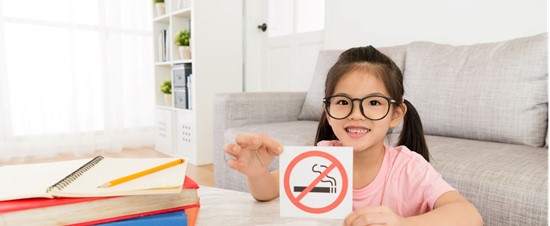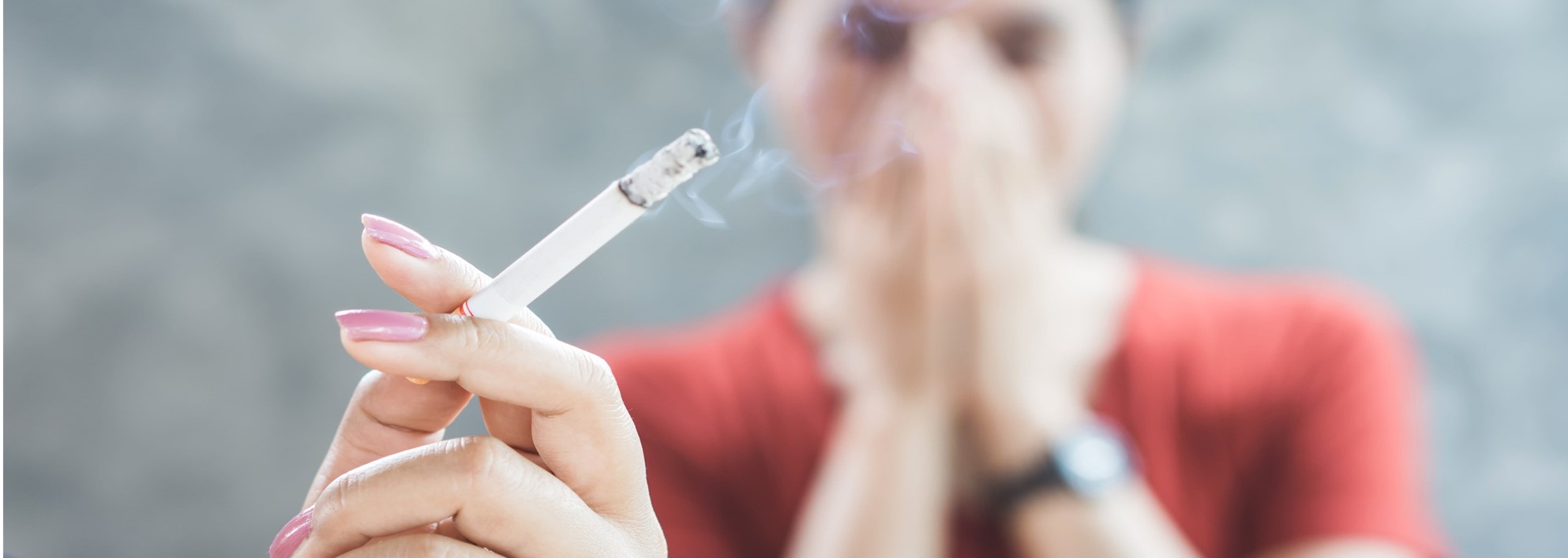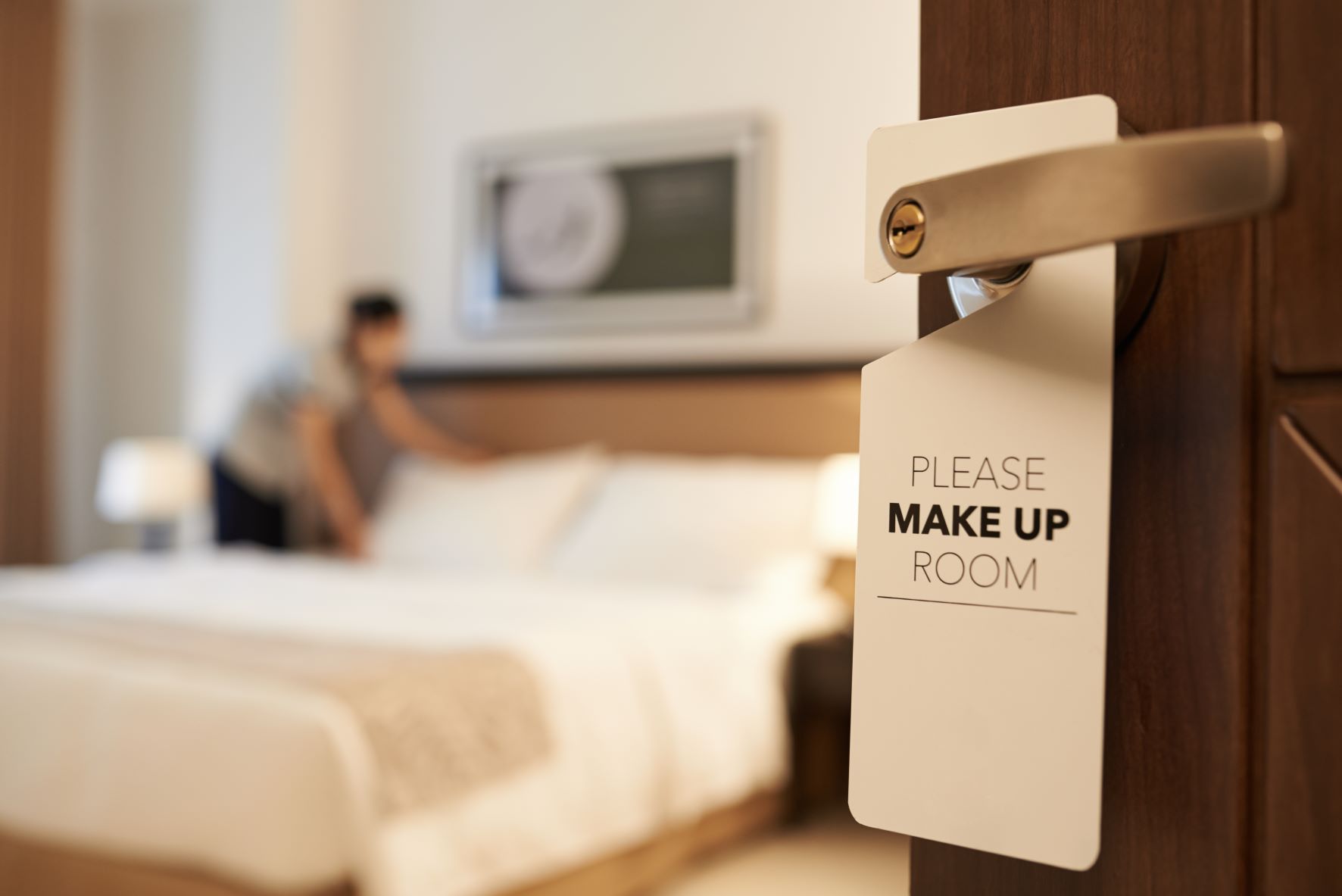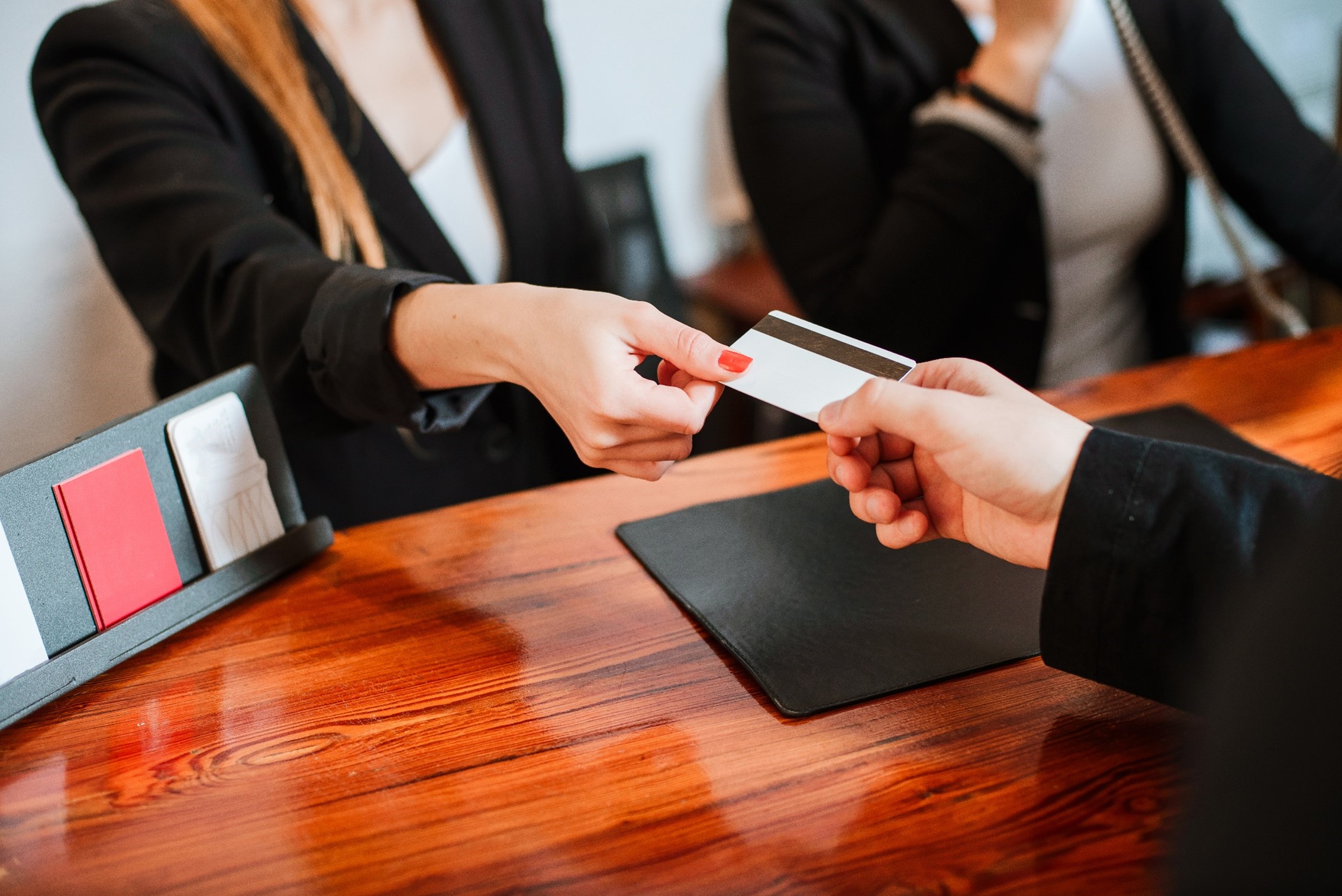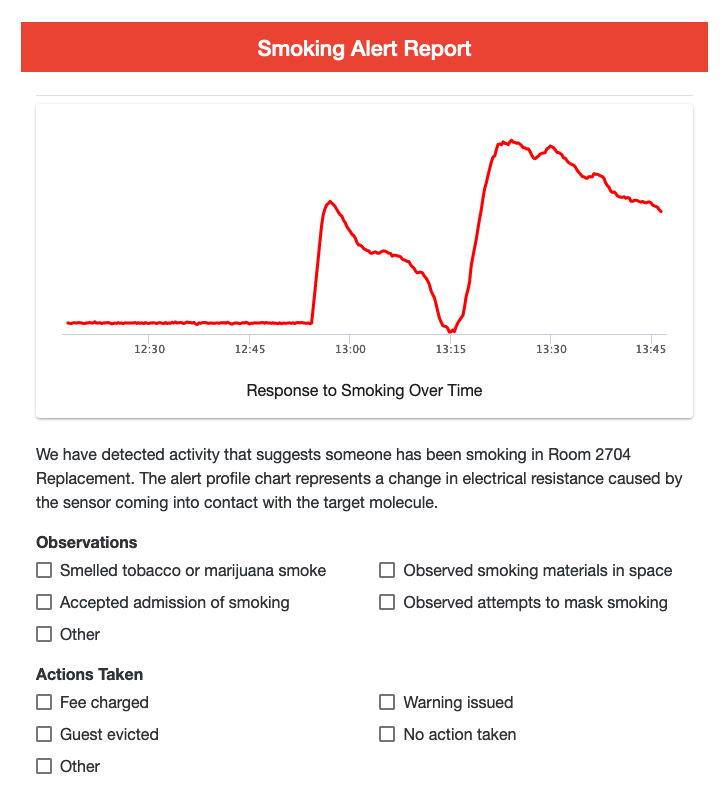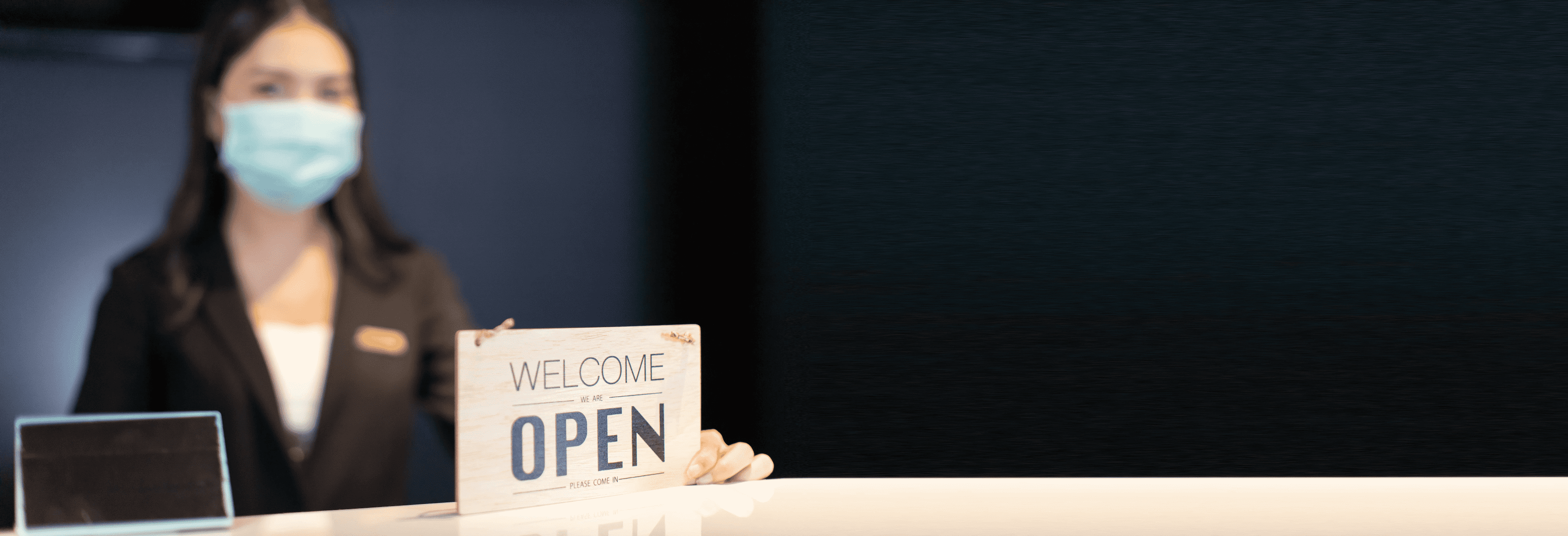02 March 2022
In 2016, the United States Federal Government announced that each public housing authority would need to adopt a smoke-free policy by the end of July 2018. The mandate banned smoking inside or within 25 feet of any public housing structure. While the policy has been an essential step to ensure healthier and safer housing for millions of residents, property managers find enforcement of the policy to be challenging. To improve smoke-free compliance, many property managers have turned to FreshAir Sensor as the primary solution to effectively detect smoking, enforce the federal smoking ban, and keep tenants safe from secondhand smoke.
FreshAir offers the only technology of its kind to accurately monitor for and detect tobacco and marijuana smoking. FreshAir’s novel and patented sensors bind only with specific molecules that are present when someone is actively smoking tobacco or marijuana. The 24×7 monitoring catches unauthorized smoking and quickly provides scientific proof of tobacco smoke and marijuana smoke.
According to the CDC, 34% of multi-unit housing residents in the U.S. who do not allow smoking in their own homes are involuntarily exposed to secondhand smoke in their units. Secondhand smoke causes developmental delays and respiratory problems in children. There is no form of safe secondhand smoke, and unchecked smokers in multi-family units pose health risks to everyone in the buildings.
In addition to keeping tenants healthier, preventing smoking saves money for public housing authorities. Maintaining a no-smoking policy can prevent catastrophic events like fires. The federal smoking ban saves government housing agencies $153 million a year in apartment repairs and health care costs. According to the National Apartment Association, turning over an apartment which has been smoked in costs $3,000 to $8,000.
In the more than 1.2 million public housing rental units in the US, compliance with the smoke-free mandate is a tall order. Public housing authorities around the country install the FreshAir real-time smoking detection system to comply with the Federal mandate
By turning to FreshAir to prevent smoking and navigate their federally mandated no-smoking policies, public housing authorities reduce the risk of fire, eliminate health risks, and save money. As an ally of public housing authorities, FreshAir is working to keep tenants healthy and safe while helping property managers achieve and maintain compliance.
